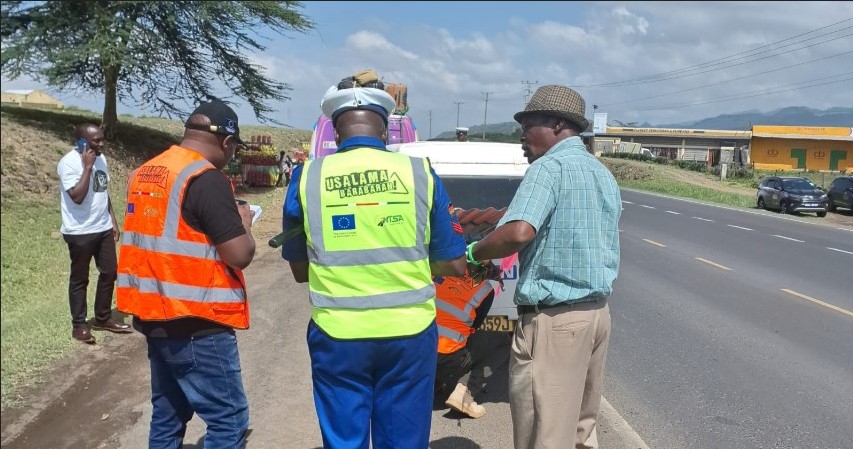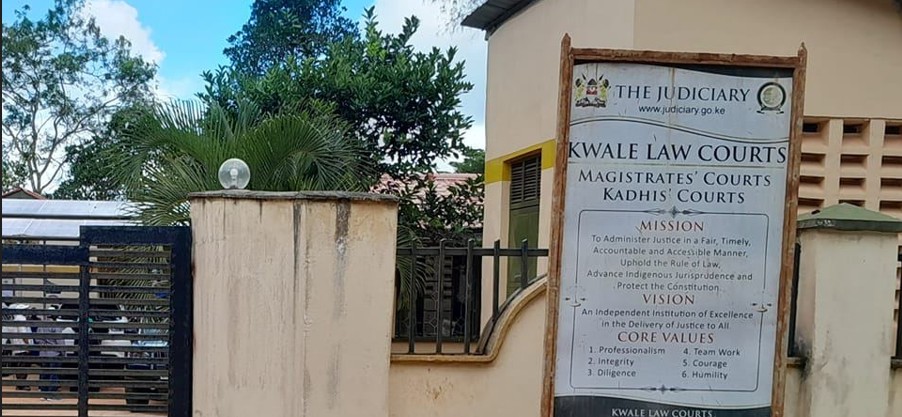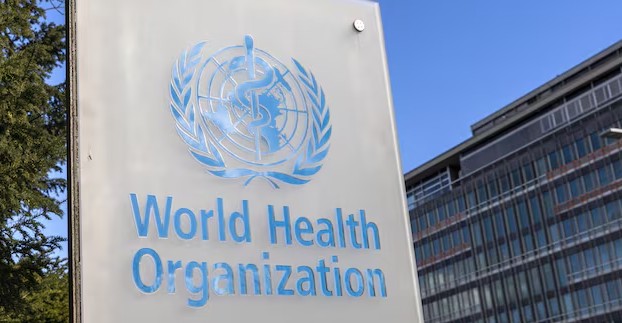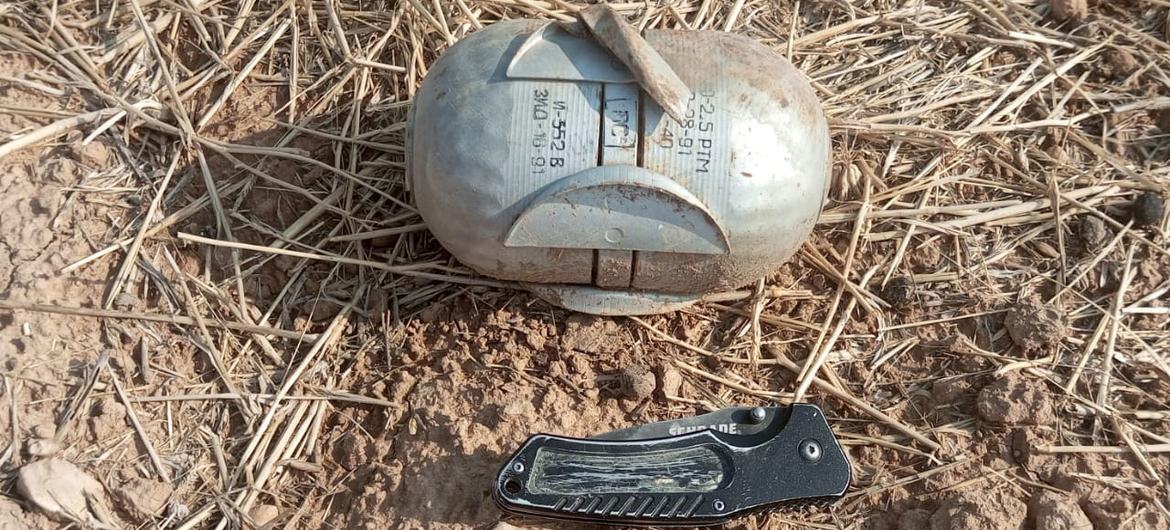Taita Taveta GBV survivors speak out as county grapples with alarming rise in cases
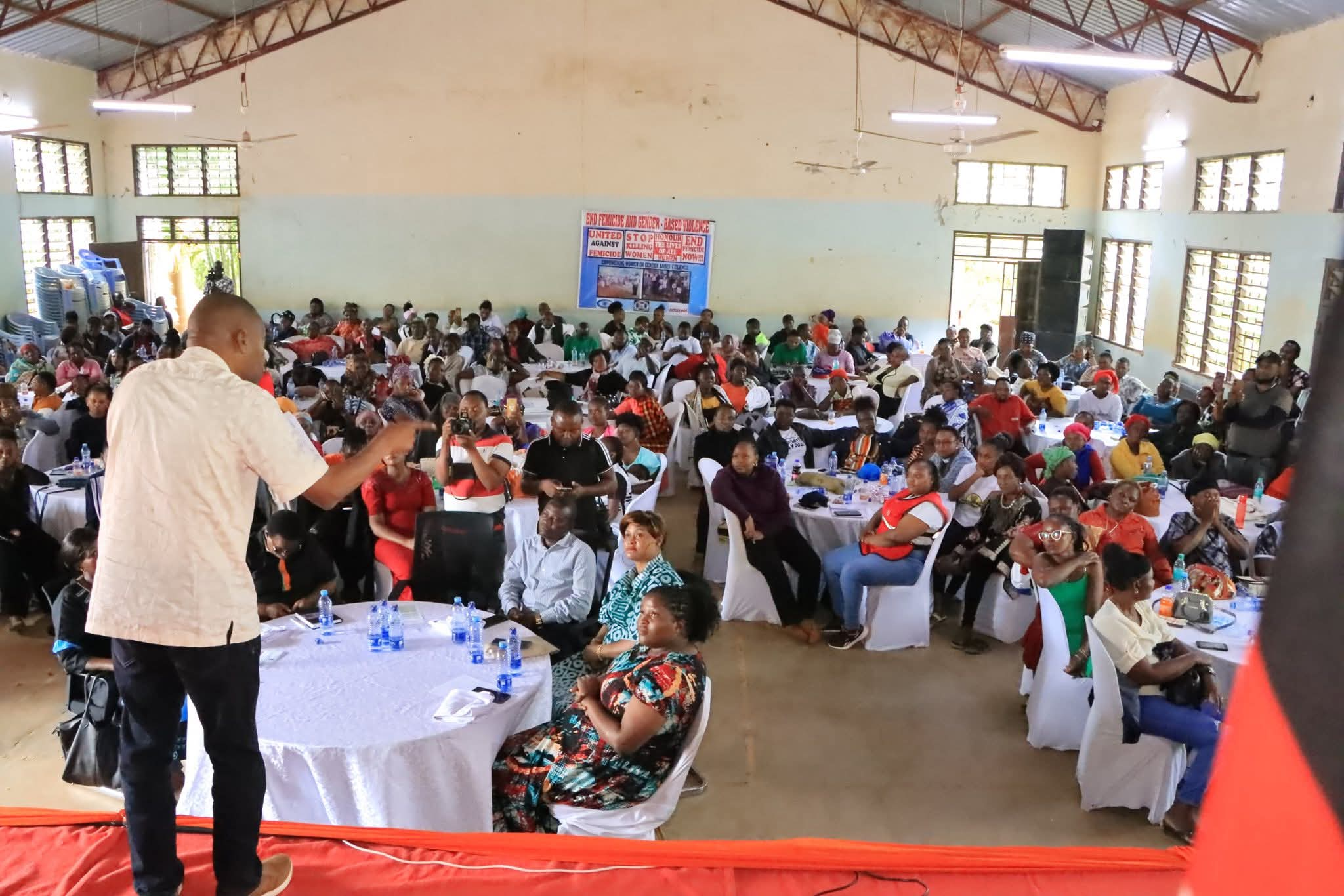
Statistics from the Taita Taveta County Government show that in 2024 alone, 640 GBV cases were reported, an overwhelming jump from only 13 cases recorded in 2020.
Survivors of gender-based violence (GBV) in Taita Taveta County are breaking their silence and calling for urgent action, as new data reveals a worrying spike in reported cases over the past five years.
For Stella (names changed to protect identities), a resident of Mwatate, the trauma remains fresh. “I endured the violence because I had no choice,” she said, recalling how repeated abuse in front of her children was dismissed as a ‘domestic matter’ by local authorities.
More To Read
- Sexual violence driving mass flight from Sudan to South Sudan: What you need to know
- 16 days of activism: Strengthening protection against gender-based violence
- Violence against women and children is deeply connected. Three ways to break the patterns
- Digital experts sound alarm as tech-facilitated GBV continues to target Kenyan women
- Women MPs call for abolition of death penalty for female offenders, citing gender inequities
- 16 days global campaign spotlights growing threat of gender-based violence
“Even after reporting, nothing changed. I still live in fear,” she added.
Her story mirrors that of Miriam (not her real name), a widow from Voi, who faced years of physical assault and economic neglect.
“When my husband died, my in-laws chased me from my home. I reported the threats, but the police told me it was a family issue. I have been staying with friends, moving from place to place with my children.”
Another survivor, Joyce (also not her real name) from Mbololo, says the trauma continues long after the violence ends. “I was attacked by my partner when I tried to leave the abusive relationship. I was hospitalised for weeks,” she stated.
They are among hundreds of survivors whose experiences have brought the county’s GBV crisis into sharp focus.
Statistics from the Taita Taveta County Government show that in 2024 alone, 640 GBV cases were reported, an overwhelming jump from only 13 cases recorded in 2020.
Already in the first five months of 2025, 186 incidents have been documented, with women accounting for 162 of them. Voi sub-county remains the most affected area.
In response, the Taita Taveta County administration has ramped up efforts to address the crisis.
Governor Mwadime has pledged financial support for GBV response programmes and emphasised the need for concrete action rather than rhetoric.
The County’s initiatives include finalising a GBV policy framework and drafting a Gender-Based Violence Bill with the help of organisations like ActionAid Kenya.
These legislative tools aim to strengthen protection mechanisms and improve access to justice for survivors.
Deputy Governor Christine Kilalo stressed the importance of changing societal attitudes towards abuse.
“One hundred and eighty-six cases in five months is unacceptable. Families must stop excusing violence. Plans are underway to set up safe houses across all sub-counties,” she said.
The County Executive for Youth, Gender and Social Services, Shadrack Mutungi, noted that partnerships with civil society, legal bodies and community groups are central to the county’s approach.
Meanwhile, Trade CEC Gertrude Shuwe urged families to nurture gender equality from home. However, justice for survivors remains elusive.
Deputy Chair of the Voi Court Users Committee Caren Kerubo pointed out persistent challenges in the legal process.
“Many suspects go free due to lack of witness cooperation, case withdrawals, or victims disappearing after suspects are released on bond,” she said.
These concerns were at the heart of discussions during the recent Taita Taveta Gender Conference held in Voi, themed “Breaking the Silence, Confronting GBV, Ending Femicide and Empowering Women for a Just Society”.
Survivors, county officials, legal experts, and activists gathered to develop coordinated strategies to tackle the crisis.
Top Stories Today




